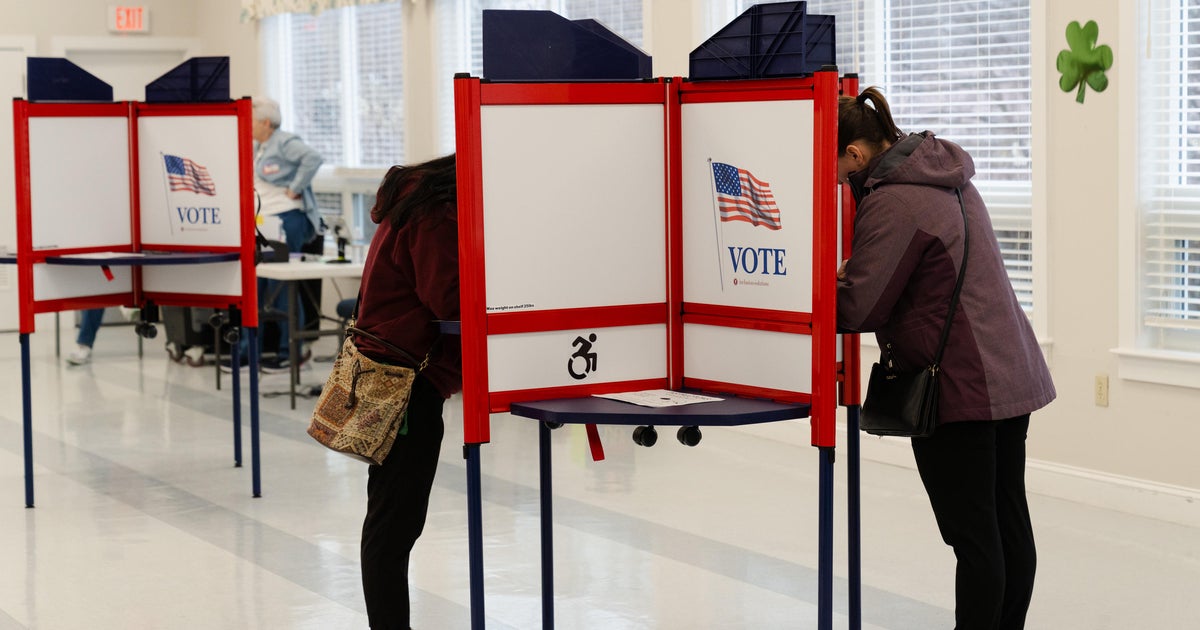Trump is open to accepting dirt on his opponents from foreign governments. Is that against the law?
Democrats – and a handful of Republicans — have plenty of words to rebuke President's Trump assertion that he might welcome information from a foreign government that would damage his political opponents.
"Dangerous, appalling, unethical, unpatriotic," House Intelligence Chairman Adam Schiff said.
The president "does not know right from wrong," House Speaker Nancy Pelosi declared.
But is it illegal? Not necessarily, election law experts say.
Even Sen. Lindsey Graham, chairman of the Senate Judiciary Committee, wasn't totally sure Thursday. Graham said he thought it was already illegal, but would be willing to support more explicit legislation, if necessary.
"I think it already is — I think that I'm willing to make it clear if we need to," he told reporters Thursday, asked if there should be legislation to make it explicitly illegal to accept opposition information from a foreign entity.
Federal law prohibits a federal entity — be it a foreign national or foreign government — from giving campaign contributions to U.S. candidates and campaigns. And it prohibits campaigns and candidates from accepting such contributions.
"It shall be unlawful for a foreign national, directly or indirectly, to make a contribution or donation of money or other thing of value, or to make an express or implied promise to make a contribution or donation, in connection with a Federal, State, or local election; a contribution or donation to a committee of a political party; or an expenditure, independent expenditure, or disbursement for an electioneering communication; or a person to solicit, accept, or receive a contribution or donation ... from a foreign national," federal law reads.
But the issue of accepting damaging information from a foreign entity — and whether it can be legally considered a "thing of value" — is murkier.
"Unfortunately, it's complicated," said Edward Foley, director of Election Law at Moritz at Ohio State University's law school.
"You know I think it's a difficult question. I'm not so sure that the statutes that are on the books actually would prohibit this. And certainly they don't get at the underlying problem," said James Gardner, a professor at University At Buffalo School of Law who specializes in constitutional and election law.
Federal campaign finance law clearly prohibits receiving contributions from a foreign entity, and the judicial system has upheld that concept, Foley said. The Federal Election Commission's chair, Ellen Weintraub, looked to clarify the issue through a statement she issued on Twitter Thursday night.
But whether the receipt of opposition research constitutes a violation is more complicated, and runs into First Amendment issues associated with prosecuting such an action, Foley said.
Gardner said he doesn't think the Federal Election Campaign Act "was aimed at this kind of a problem." That law was created so campaigns and elected officials wouldn't be beholden to foreign governments, Gardner said.
"I'm not sure that the exchange of information is really what that's aimed at," Gardner said.
It's arguable that opposition research could constitute an in-kind donation, something of monetary value. After all, campaigns pay for opposition research from American entities, Foley and Gardner noted.
"If you're handed opposition research for free, yes, it looks a lot like being given a gift that you would otherwise pay for," Gardner said.
But that still could be a tough argument to make in court.
"There are no bright lines here," Gardner added.
And simply having a conversation with a foreign entity isn't criminal, and it's arguably subjective when information becomes substantive enough to constitute a donation.
"If a foreign ambassador happens to see a presidential candidate at a cocktail party in Washington and happens to just have a discussion about the race and what would be wise strategy, I think it would be harder to claim that that violates federal campaign law," Foley said.
In short, it's a murky area of law that could use some clarity.
"How would that clarity come about? One would be Congress trying to write a statute," Foley said.
But even creating a new statute runs into likely First Amendment issues.
"I think there's going to be inevitable murkiness no matter what," Foley said.
Sen. Mark Warner, the Democratic vice chairman of the Senate Intelligence Committee, has introduced legislation requiring candidates to report attempts at foreign elections interference — the Foreign Influence Reporting in Elections (FIRE) Act. But it's unclear if that legislation or any other similar legislation would make it through the Republican-controlled Senate. Trump ally and Republican Sen. Marsha Blackburn shot down the bill when it came up for a vote by unanimous consent on Thursday.
Foley and Gardner said the issue may not be fully solvable by law, and might end up being decided by the candidate and the voters.
"That's a question you know ultimately I don't think that can really be addressed by law. It's a question of the personal ethics of the candidate," Foley said.
"What kind of a candidate wants to accept help from a foreign government that is trying to influence the outcome of a U.S. election?" Foley added.
Even if a new law were enacted prohibiting the acceptance of damaging information from foreign entities, Gardner didn't know how it could be effective.
"Even if you were to enact a law that very clearly and specifically targeted this behavior would it be effective? I don't know," Gardner said. "If the campaign doesn't get this information, somebody else will. … I'm not sure, information travels so freely in today's world that it's going to be very difficult to stick your finger in that dike in a way that is effective."



